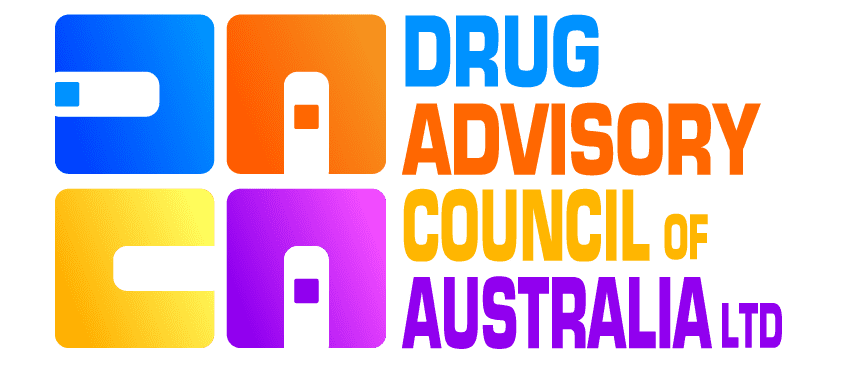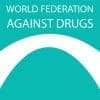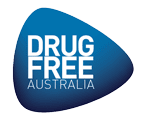Drugs: can we prevent more ‘Bali Nine’ trials?
Australia can greatly reduce the demand for illicit drugs (which drives drug-related crime) by following Sweden’s policy of mandatory treatment for drug addicts.
For the third time in the past six months, Australians have been sentenced in Indonesia for their involvement in drug-taking or trafficking. In the last of these cases, involving the Bali Nine, the two ring-leaders have been sentenced to death and the other seven to life imprisonment.
In all cases, the arrests and sentences have devastated young lives, as well as those of the families who in a real sense share in the sentences.
It is obviously true that the lives of tens of thousands of Australians have been shattered by drug abuse, in many cases, as a result of imported drugs; but I want to examine here the link between Australia’s tolerant drug culture, wrapped up in the phrase “harm minimisation”, and the arrests of young Australians overseas, either as drug-users or couriers.
A striking feature of two of the three cases is the link between drug-taking and drug-trafficking.
Michelle Leslie, the model sentenced late last year to three months in prison for possession of ecstasy tablets, has found that her life has been virtually ruined by her conviction.
Ms Leslie’s conviction followed her arrest in Bali. She admitted during the court case that she was a chronic user of the party drug ecstasy in Australia.
Marijuana
Separately, a Queensland woman, Schapelle Corby, claimed that 4 kg of marijuana had been “planted” in her boogie-board bag between the time of her flight from Brisbane and her arrival in Bali early in 2005.
She was convicted of importing marijuana into Indonesia and, despite very widespread protests throughout Australia and the vigorous involvement of the Australian Government in assisting her defence, she was sentenced to 20 years’ imprisonment.
After her conviction, it emerged that other members of her family had been arrested for marijuana use in Australia.
In relation to the Bali Nine, there is little doubt that the two Australians sentenced to death were the ring-leaders in a heroin importation scheme which had previously brought drugs into Australia.
One of the nine, Renae Lawrence, admitted to having previously imported heroin into Australia.
Another, 20-year-old Brisbane man Scott Rush, has been a chronic drug-user since the age of 15.
A report compiled by Queensland’s Community Corrections Department, and quoted in Brisbane’s Courier-Mail, documented that Rush had been found guilty of 16 crimes during 2003 and 2004, arising from his drug use.
These involved drug possession, fraud, theft and drink-driving. At the time of his arrest in Bali in April last year, there was still a warrant out for his arrest for stealing over $4,000 from the Commonwealth Bank.
Apart from marijuana, he had also been an intravenous user of amphetamines and heroin.
Rush might have been removed from the drug scene if there had been a program of mandatory drug treatment. Instead, when he appeared at the Inala Magistrates Court in January 2005, he was given suspended sentences on all 16 offences, and placed on a community-based order. He was also fined and ordered to pay restitution to the extent of $8,000.
Not long afterwards, he was recruited to go to Bali to transfer heroin back to Australia, at the very time that Schapelle Corby was on trial in Bali for drug-smuggling.
Scott Rush’s long-suffering parents – who first heard he was going to Bali when a travel company telephoned to say his ticket was ready – contacted the Federal Police to alert them to his travel plans, and their suspicions that he was involved in a drug run.
Tragically, the rest is history.
Last December, a young Australian of Vietnamese descent, Nguyen Tuong Van, was executed in Singapore for heroin-trafficking.
At his earlier trial, Nguyen had alleged that he had tried to import the drug to pay the $20,0000 drug debt of his twin-brother, who at the time was a heroin addict, out on the streets.
In these cases, there was a combination of greed and/or a background of prior drug use – either by themselves or by family members – which predisposed these young Australians to become involved in drug-trafficking.
Anti-drug policy?
What has been lacking in Australia is a serious anti-drug policy, aimed at preventing young Australians from becoming trapped in the drug sub-culture.
Despite government talk about being “tough on drugs”, the reality is that drug abuse is widely tolerated, particularly for recreational drugs such as ecstasy, which serve as a gateway for drugs such as marijuana and heroin.
The international drug barons know this, and ruthlessly target young Australians as couriers for their appalling trade.
If Australia wants to end the situation in which thousands of young people are being trapped by drugs, it should follow the policy of countries such as Sweden, which have dramatically cut drug abuse through a policy of mandatory treatment of those trapped in the nightmare of drug addiction.
Peter Westmore is national president of the National Civic Council.




